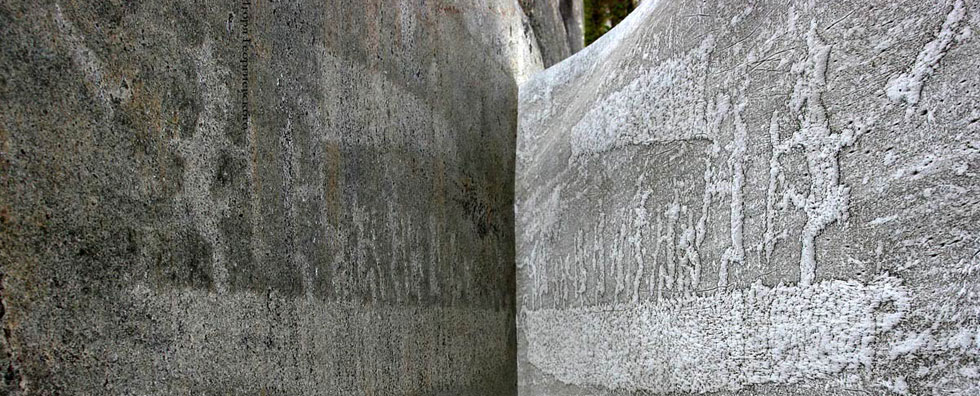
Issue №1, Vol. 17
Burmistrova O., Chemshikova J., Grigorev I., Rudov S., Kunitskaya O. Aspects of research into the interaction of the crawler drive of all-terrain vehicles with weak soil // Resources and Technology. 2020. №1, Vol. 17. P. 29‒62.
DOI: 10.15393/j2.art.2020.5142
Aspects of research into the interaction of the crawler drive of all-terrain vehicles with weak soil
| Burmistrova Olga | Ukhta state technical University, oburmistrova@ugtu.net |
| Chemshikova Julia | Ukhta state technical University, chemshikova79@mail.ru |
| Grigorev Igor | Yakut state agricultural Academy, silver73@inbox.ru |
| Rudov Sergey | Military Academy of communications named after Marshal of the Soviet Union S. M. Budyonny, 89213093250@mail.ru |
| Kunitskaya Olga | Yakut state agricultural Academy, ola.ola@mail.ru |
|
Key words: tracked all-terrain vehicles soils compaction rutting |
Summary: The forest resources of the Russian Federation are characterized by very large areas, an underdeveloped road network, and the predominance of heavy soil and terrain conditions. Long distances and off-road terrain do not eliminate the need for a complex of forestry operations, patrolling, fighting forest fires, delivery of personnel and various cargo, including personnel and cargo for shift settlements. In addition to the forestry and lumber industry, caterpillar trucks are widely used by the so-called "mining" companies – oil and gas companies, builders and some individuals for hunting, fishing, and tourism. Caterpillar trucks characterized by required floatation, buoyancy and load capacity are the most effective transportation means in these conditions. However, caterpillar trucks have a negative impact on forest soils by destructing the upper (fertile) horizons. This effect is especially harmful in the conditions of northern forests, tundra, and forest tundra. Although logging operations are not carried out in specially protected natural areas (SPNA), patrolling and delivery of goods for various purposes are also performed there, and the negative impact on forest soils should be minimized. In recent years, more than a dozen studies have been conducted to reduce the negative impact of wheeled and tracked forest vehicles on the soils of logging areas. However, a number of issues need to be further studied. The article analyzes the physical and mechanical properties of soils as surfaces of movement of tracked all-terrain vehicles and approaches to assessing the parameters of interaction between the crawler and the soil. The analysis of literary sources showed that the main parameters of the reference surface taken into consideration in order to develop adequate mathematical models of all-terrain caterpillar tracks interaction with soils are the modulus of total deformation, the unit adhesion, angle of internal friction, bearing capacity and resistance of the soil slice. As a result of processing the calculated data, it was found that the shear resistance and the modulus of general deformation are related by linear equations. |
Displays: 1285; Downloads: 1119;




